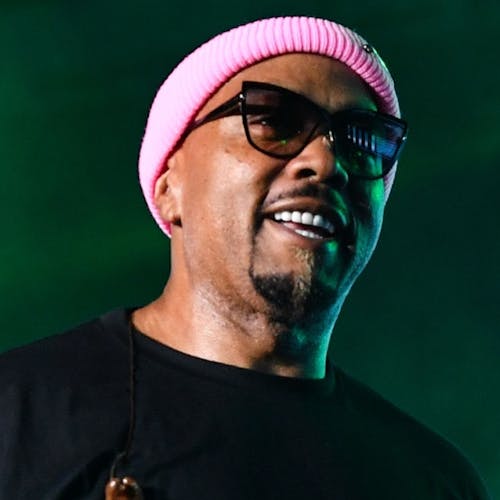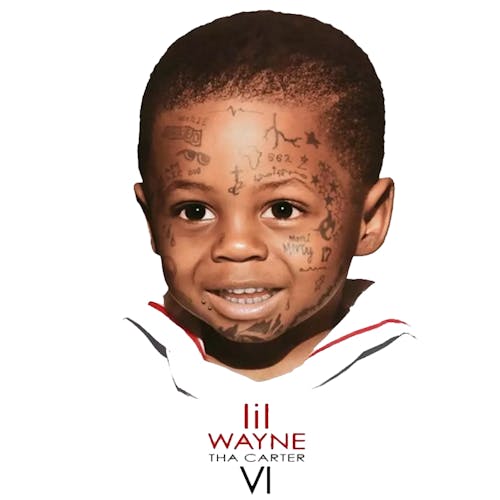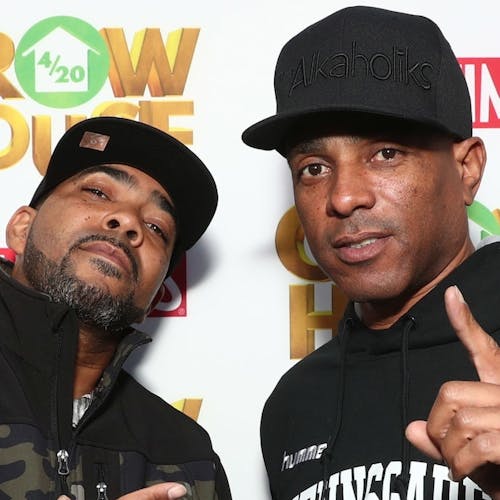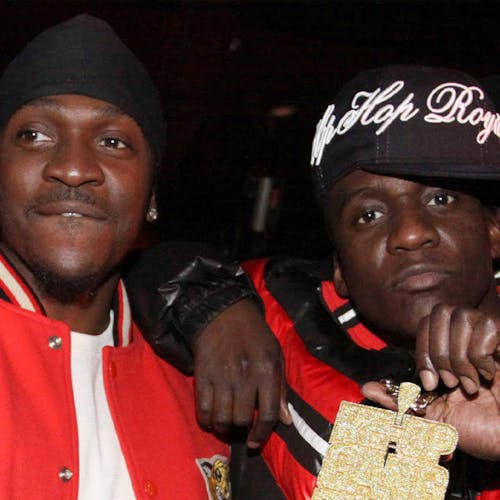
D.M.C.: "Run-D.M.C. Is Over..."
D.M.C.: "Run-D.M.C. Is Over..."
By Kyle Eustice
Published Sat, January 21, 2023 at 12:00 PM EST
THE LAST WALTZ is widely considered one of the greatest concert films ever made.
Director Martin Scorsese filmed The Band’s “farewell concert appearance” at San Francisco’s Winterland Ballroom in November 1976. The Canadian-American rock group was joined by a roster of special guests, including Eric Clapton, Ringo Starr, Joni Mitchell, Neil Young, Bob Dylan and Van Morrison. In the spirit of that iconic au revoir, Run-D.M.C. will bid adieu in a special concert performance of their own.
In a recent interview with ROCK THE BELLS, Darryl “DMC” McDaniels emphatically stated: “Run-D.M.C. is over. The only way Run-D.M.C. gets back together is if The Beatles get back together. Can that happen?”
After a brief moment of silence, McDaniels explained that the legendary rap group isn’t entirely calling it quits—at least not quite yet. But Run-D.M.C. as a recording, touring and performing entity is slowly taking its last breaths.
“The final show that we are ever going to do is going to be at Madison Square Garden in April,” McDaniels reveals. “It’s going to be the last episode of the documentary we’re doing. Run-D.M.C.’s last show ever. ‘Cause it’s time for Run to go be Paul McCartney and me to be John Lennon. We done did what we could do.”
Run-D.M.C.’s ascent to superstardom began in the early 1980s with their self-titled debut. Released on Profile Records and produced by Joseph “Rev. Run” Simmons’ brother Russell Simmons and Larry Smith, the album introduced the world to a new look and sound with singles such as “It’s Like That,” “Rock Box,” “Sucker M.C’s” and “Hard Times.” It also became rap’s first gold-certified record, selling more than 500,000 copies in its first nine months. Subsequent albums would follow, including 1986’s Raising Hell, rap’s first multi-platinum album.
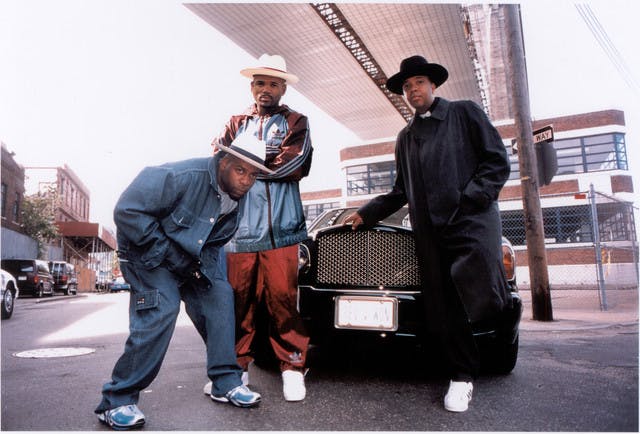
McDaniels, Simmons and Jason “Jam-Master Jay” Mizell, their longtime DJ, were suddenly rock stars in the truest sense. But like most music business tales, they fell on some of the “hard times” they were rapping about. Mere months after the release of the trio’s seventh studio album, 2001’s Crown Royal, Run-D.M.C. suffered an unimaginable tragedy when Mizell was fatally shot inside his Jamaica, Queens studio. Run-D.M.C.’s career, (as they knew it), came to a screeching halt, and Simmons and McDaniels were left to pick up the pieces. Just 37 years old, Mizell was buried at Ferncliff Cemetery and Mausoleum in Hartsdale, New York. To McDaniels, Run-D.M.C. simply ceased to exist that fateful night. Over the years, yes; Simmons and McDaniels tried to recreate the magic of Run-D.M.C. as a duo—and often did so successfully—but it was never the same.
“People got to understand this—is Dave Grohl still running around trying to be Nirvana?” McDaniels asks. “Is Sting still running around trying to be The Police? Are Paul and Ringo running around trying to be The Beatles? There’s enough life left for both of us. We can’t be Run-D.M.C. without Jay. People laugh and say, ‘OK, we get it.’ But seriously, Run-D.M.C. will get back together when The Beatles get back together. Run-D.M.C., as a performing and touring entity, we can’t do it without Jay.”
DROP YOUR EMAIL
TO STAY IN THE KNOW
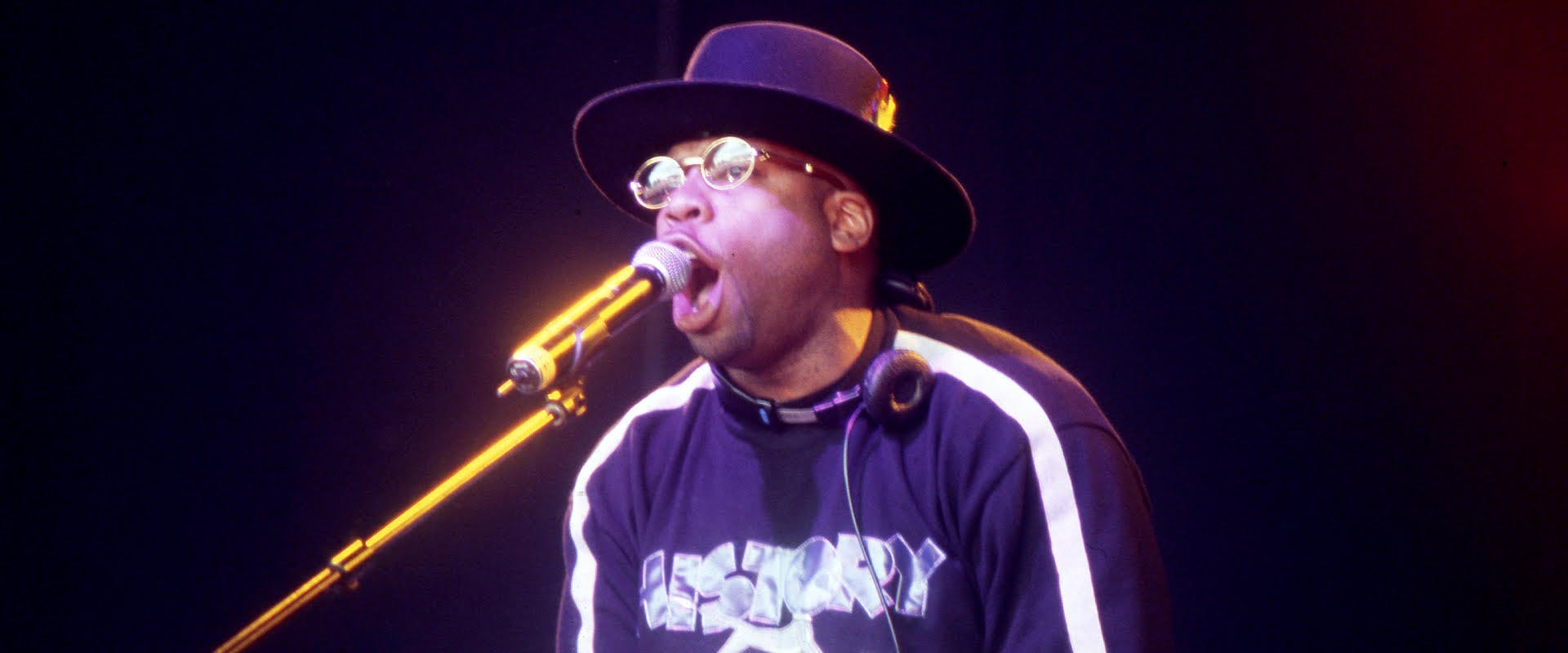

Naturally, it’s easy to wonder if there’s animosity between the surviving members of the group, but McDaniels assures, “We’re the best of friends. There’s nothing else to do. It’s done. Me, Run and Jay were put together to do what was supposed to be done and we did it.”
While McDaniels admits he’s not exactly sure what Simmons is up to these days, he does know where he’ll be this spring—Madison Square Garden.
“The show is going to be like The Last Waltz by The Band,” he explains. “We’re doing that movie idea. You’ll see Ice-T come and do a song with us. You’ll see Wu-Tang come do a song with us. Anybody can buy a ticket to the show. We’re gonna do it with Netflix or to the highest bidder. It’s going to be a live production. Run-D.M.C.’s doing The Last Waltz at Madison Square Garden. Who wants to pay $100 million to own it?”
As for the documentary, which culminates with the Madison Square Garden performance, McDaniels compares it to HBO’s four-part series about Dr. Dre and Jimmy Iovine, The Defiant Ones. Each episode consisted of a variety of key figures who somehow played a role in the birth of Aftermath Entertainment, Interscope Records and Beats By Dre as well as the bumps they hit along the way.
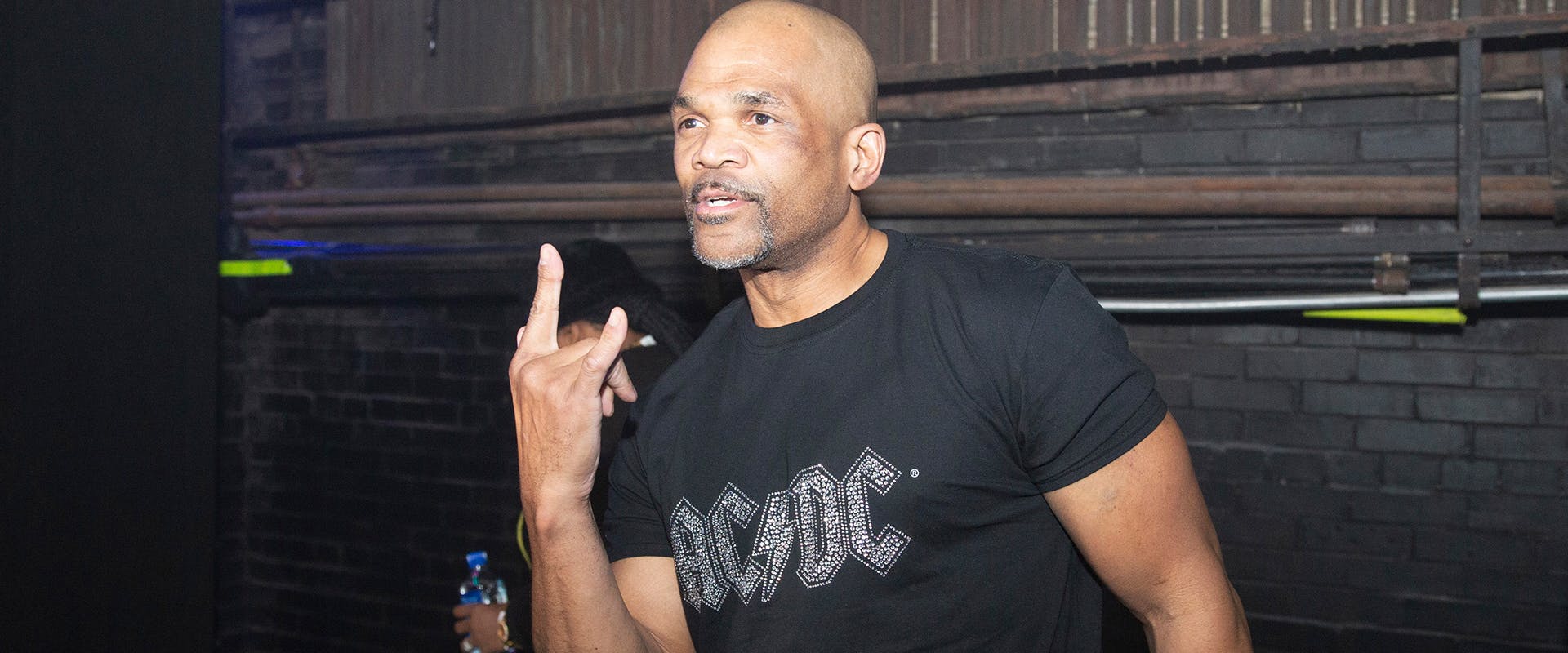
In the meantime, Hip-Hop will officially turn 50 on its designated birthday, August 11, the day of Kool Herc and sister Cindy Campbell’s famous "Back To School Jam" at 1520 Sedgwick in the Bronx. McDaniels, a bonafide pillar of the culture, is looking forward to a packed schedule of celebrations but also sees the greed behind it.
“The music industry is fronting on our culture ‘cause they don’t make records with Grand Wizzard Theodore, they don’t make records with Grandmaster Caz, they don’t make records with Kool Herc or Busy Bee,” he says. “It’s a big problem. They are disrespectful. The radio stations that say they ‘love Hip-Hop?’ No y’all don’t. All of these entities are disrespecting Hip-Hop, so we gonna use this opportunity of all this attention on the Hip-Hop anniversary to do what we need to do for our culture.”
